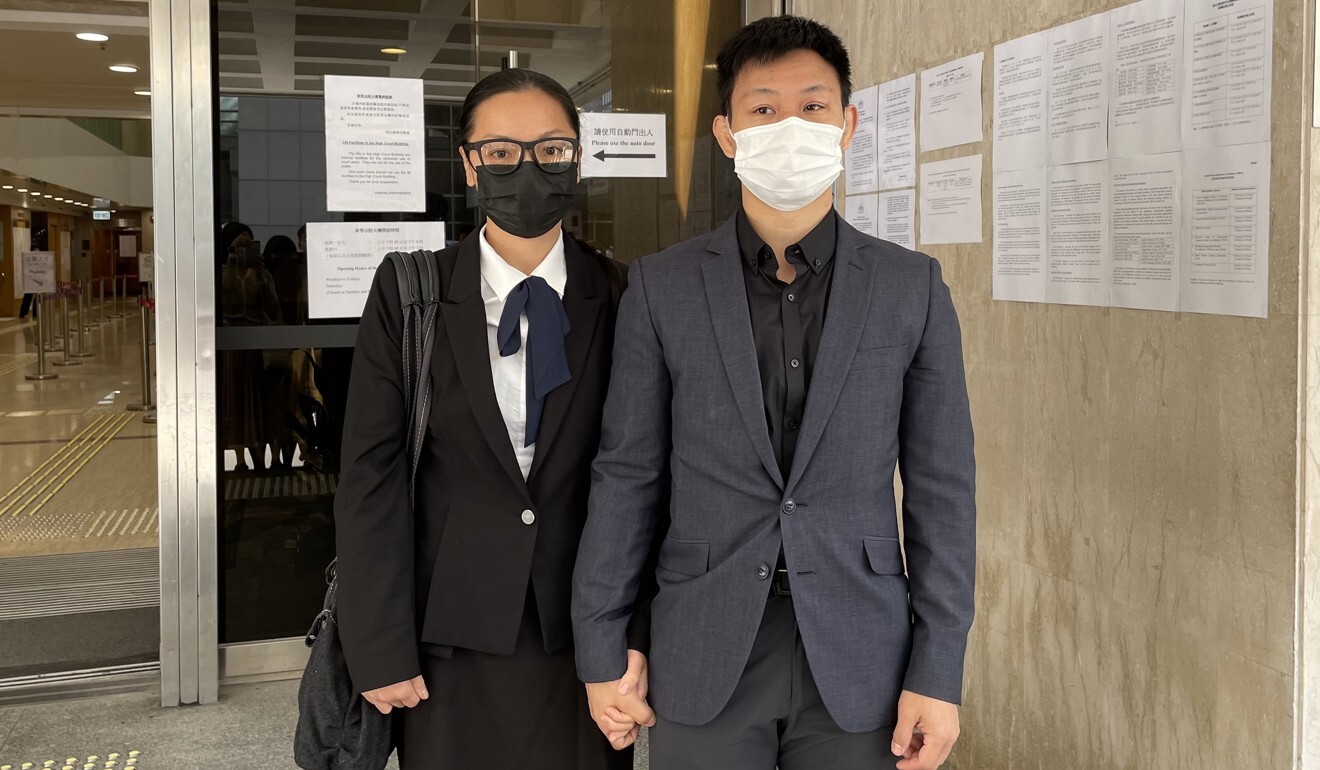
Hong Kong protests: ‘joint enterprise’ doctrine urged by prosecutors could implicate those not at scene of illegal gathering, riot
- Interpretation sought stems from first riot case over 2019 anti-government movement in which three defendants were acquitted
- If applied, defence lawyers argue driver of a car or supplier of resources could also be charged if those they aided went on to commit crimes
Without seeking a reversal of these acquittals, prosecutor Eric Kwok Tung-ming SC on Monday argued for the application of the common law doctrine of “joint enterprise”, on the basis that it had not been in any way excluded by the provisions that created the two offences commonly used in prosecuting protesters.
Kwok said the application was not limited to those present at the scene, as the phrase “takes part in” used in the Public Order Ordinance implied secondary liability – covering those who aid or abet the crime – and the requirement of assembling together applied only to the principle offender.

The interpretation, if accepted, would implicate participants who were not physically present – such as a lookout, a driver of a getaway car or a supplier of resources – as well as those who were only arrested at a certain distance away from the scene after pursuit.
Hectar Pun Hei SC, for the couple, countered that prosecutors had raised a theoretical question of law, which the court should not lightly entertain.
In any event, Pun argued that the doctrine did not apply to the two offences, and any ambiguity in interpretation should be resolved in favour of the defence.
Justice department lodges appeal over trio’s acquittal of rioting
“The law should not be interpreted to be too wide so as to catch innocent people,” Pun said.
Lee’s counsel, Olivia Tsang, added that the application would go against the clear legislative intent of narrowing the group of targeted individuals to those physically present at the scene of a crime, and result in a significant overreach of people caught disproportionately to the act committed.
For instance, a driver who agreed to transport somebody to an unauthorised assembly, which later escalated into a riot, may be prosecuted under the same charge as a rioter if the doctrine should apply, despite the fact that he or she could not have foreseen the spontaneous development.
“It would be unrealistic and unfair to suggest a person can foresee what an associate may do, especially when he or she was not present,” Tsang said.
She also noted that both offences were “very special” as they were corporate in nature but also spontaneous, unlike a joint enterprise in which participants are usually assigned specific roles.
Instead of applying joint enterprise to the offences, she argued that prosecutors could use other charges to target specific behaviour. A lookout providing directions from a building top to rioters on the ground, for example, could be charged with aiding and abetting a riot.
Mr Justice Jeremy Poon Shiu-chor, chief judge of the High Court, has reserved judgment after hearing arguments with Court of Appeal vice-president Mr Justice Andrew Macrae and Madam Justice Anthea Pang Po-kam.

